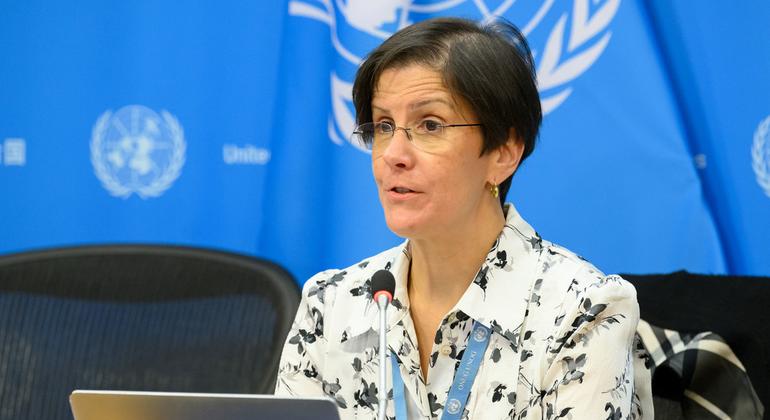
Independent rights expert Reem Al-Salem praised the landmark Jan. 9 ruling by a Kentucky state court that declared the U.S. Department of Education’s regulations implementing Title IX laws illegal. The ruling will spread across the country.
Title IX is a 1972 law designed to combat sex discrimination in federally funded education programs and activities.
Last April, the Department of Education announced amendments that would extend protections to transgender and non-binary students based on their gender identity and sexual orientation.
“Pivotal moment”
In its decision, the court found that the provision redefining the scope of sex discrimination under Title IX to include gender identity exceeded its statutory authority and violated constitutional protections. he pointed out.
“This is a pivotal moment in defending the right of women and girls to be free from discrimination on the basis of gender and reaffirming America’s obligation to uphold this fundamental human right,” she said.
She further noted that the decision made clear that “when viewed in the entirety of Title IX, it is abundantly clear that discrimination on the basis of sex means discrimination on the basis of men and women.”
Protecting girls’ right to education
Ms. Alsalem said Title IX has historically been a cornerstone of promoting gender equality in the U.S. education system.
She wrote to the government in December last year, raising concerns about the human rights impact of the changes proposed by the Department for Education at the time.
“By upholding the original intent of Title IX, the Court will restore factual clarity and common sense to the design of policies that affect women and girls, ensuring access to education under conditions of dignity, equality, and safety. We reaffirmed their rights,” she said.
He called on the U.S. government to heed this decision carefully and reaffirm its commitment to protecting the rights of women and girls.
Special Rapporteurs are appointed by the UN Human Rights Council to monitor and report on the situation in specific countries or on thematic issues.
These experts are not UN employees and are independent from any government or organization. They serve in their personal capacity and receive no compensation for their work.



